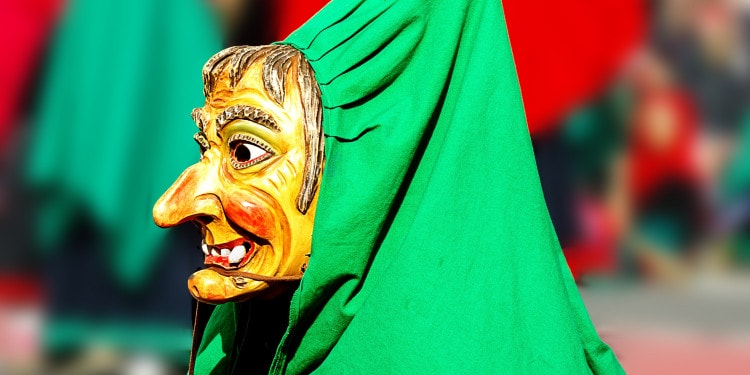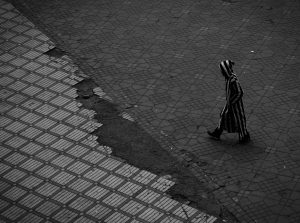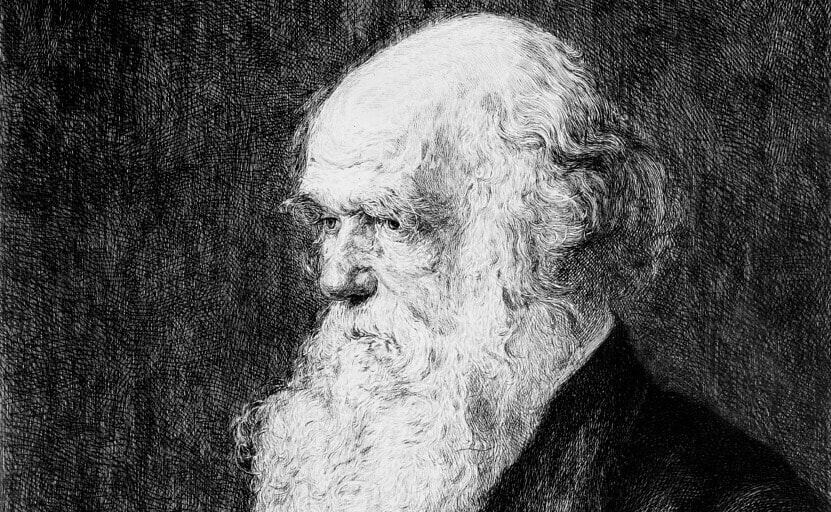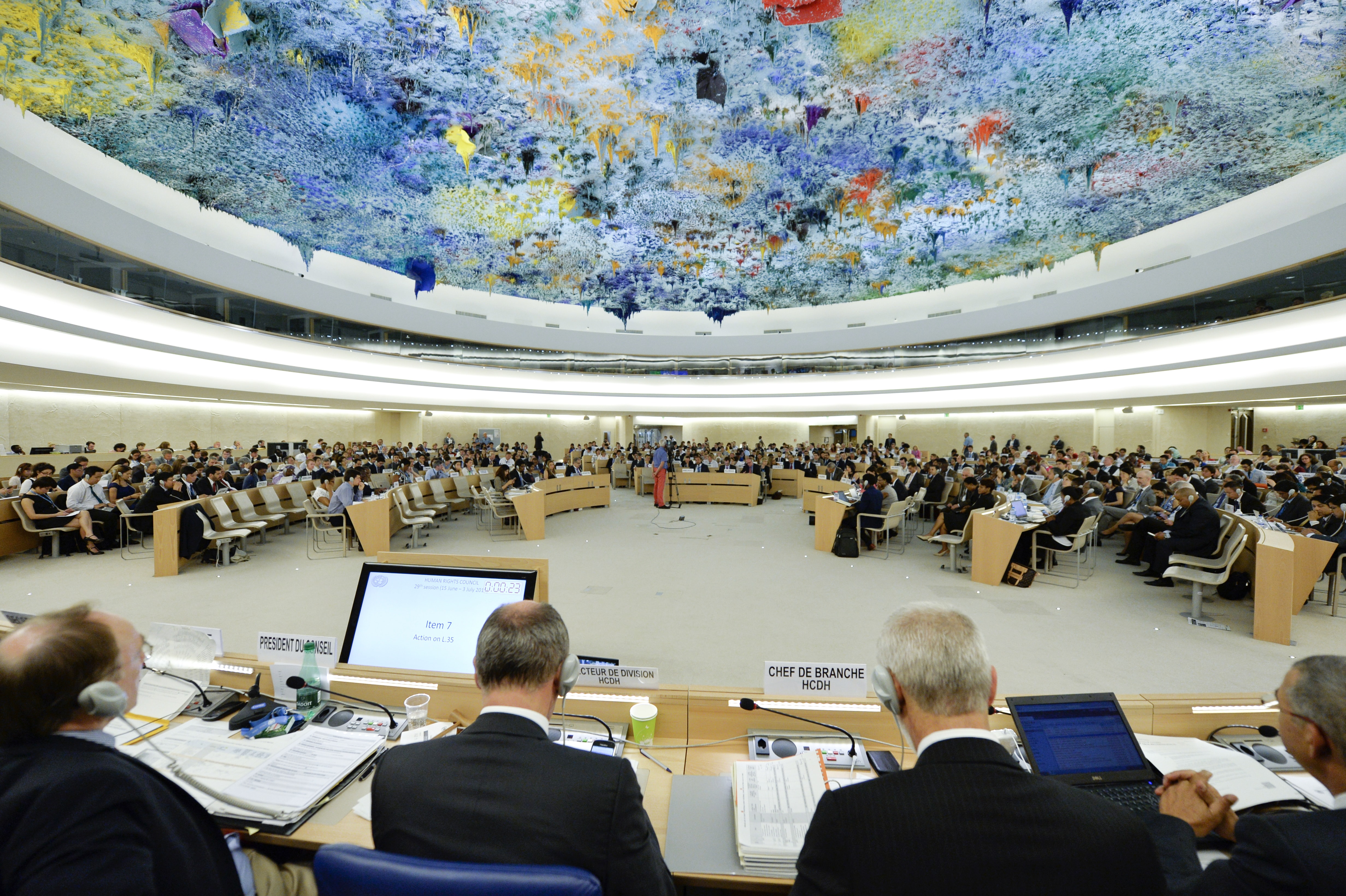Your momma’s so ugly that she literally could be fined for walking in the streets!
No, seriously. Not that long ago in America, in the early to mid-1900s, it was illegal to be found ugly in the streets of cities like Chicago.
PHOTO CREDIT: Noah Rosenfield
In Portland, Oregon, Mother Hastings, as she was commonly known, was condemned by authorities as “too terrible a sight for the children to see.” Mother Hastings told a local reporter that she believed the authorities meant that her crippled hands were too unattractive for the town. The authorities gave her money to skip town, to save Portland from her unsightly hands, so she moved to Los Angeles.
Portland’s law targeted panhandling, with a strict emphasis on “unsightliness.” These ordinances were strictly enforced and penalties included fines or even jail time.
In 1881, Chicago’s Alderman, James Peevy, had a lofty goal–he wanted to rid Chicago of all “street obstructions.” And by street obstructions he meant beggars, “the one-legged individual who, with dropping eye and painfully lugubrious countenance, holds forth his hat for pennies” or “the fellows who yell ‘ba-na-naas’” and “the woman with two sick children who was drawn through the carding-machine in a woolen mill, and who grinds ‘Mollie Darling’ incessantly on a hurdy-gurdy on a street corner.” He was descriptive, I’ll give Peevy that.
Reformers who wrote and enforced these laws truly believed they were doing the right thing–don’t they all? They were trying to rid the city of menacing, unsightly beggars, and improve the city’s appeal. But the problem was that these menacing and unsightly beggars were city residents, disabled people, who were ostracized and even punished for their physical characteristics. At this time, there also was a idea of the deserving and undeserving poor–folks who deserved assistance and folks who clearly did not. Unfortunately, due to physical appearance, the poor and disabled fell into the undeserving category.
Related article: “THE FLYING TRAVELER“
This was a dark time in American history indeed because the poor and disabled were targeted and ostracized for being, well, poor and disabled. It was not until after World War I when soldiers returned from battle with missing limbs that people’s’ minds began to change. Nonetheless, Chicago’s laws stayed on the books for over 90 years.
There’s a big problem when the us-them distinction gets made, especially in terms of the law. Whether we are criminalizing aesthetics, building a wall, banning refugees, or even giving the CDC power to quarantine we should be very careful.
PHOTO CREDIT: R. McGuire/ Gratisography
What’s that again?
In January 2017, the Centers for Disease Control and Prevention issued new regulations that gave it broad authority to quarantine Americans. According to The New York Times, and one of my former mentors, Scott Burris, renowned health law expert from Temple University’s Beasley School of Law, the rules “outline for the first time how the federal government can restrict interstate travel during a health crisis, and they establish in-house oversight of whether someone should be detained, without providing a clear and direct path to challenge a quarantine order in federal court.”
This new broad authority is frightening indeed, especially with a self-proclaimed germophobe President who likes broad powers. President Trump tweeted during the Ebola crisis in 2014, “The U.S. cannot allow EBOLA infected people back. People that go to far away places to help out are great-but must suffer the consequences.”
The ‘Times’ points out that:
“Until now, most quarantines have been imposed by states and local governments, which have primary responsibility for protecting the health of their populations. . . . Unfortunately, the new rules give the C.D.C. significant in-house oversight of the decision to quarantine, with up to three layers of internal agency review. This internal review has no explicit time limit and could easily stretch on for week while a healthy person languishes in quarantine.. . .In addition, the C.D.C. now has clear authority to take over the quarantine role from states in many cases, and to restrict interstate travel.”
The “ugly laws” were made in a good-faith effort to help society be more healthy, clean, and vigorous. The C.D.C.’s new quarantine authority also probably was made in a good-faith effort to keep American citizens healthy. But beware if an us-them distinction gets made–who knows which one of us will end up in quarantine.
Recommended reading: “TRUMP POPULISM: A THREAT TO DEMOCRACY?“
















